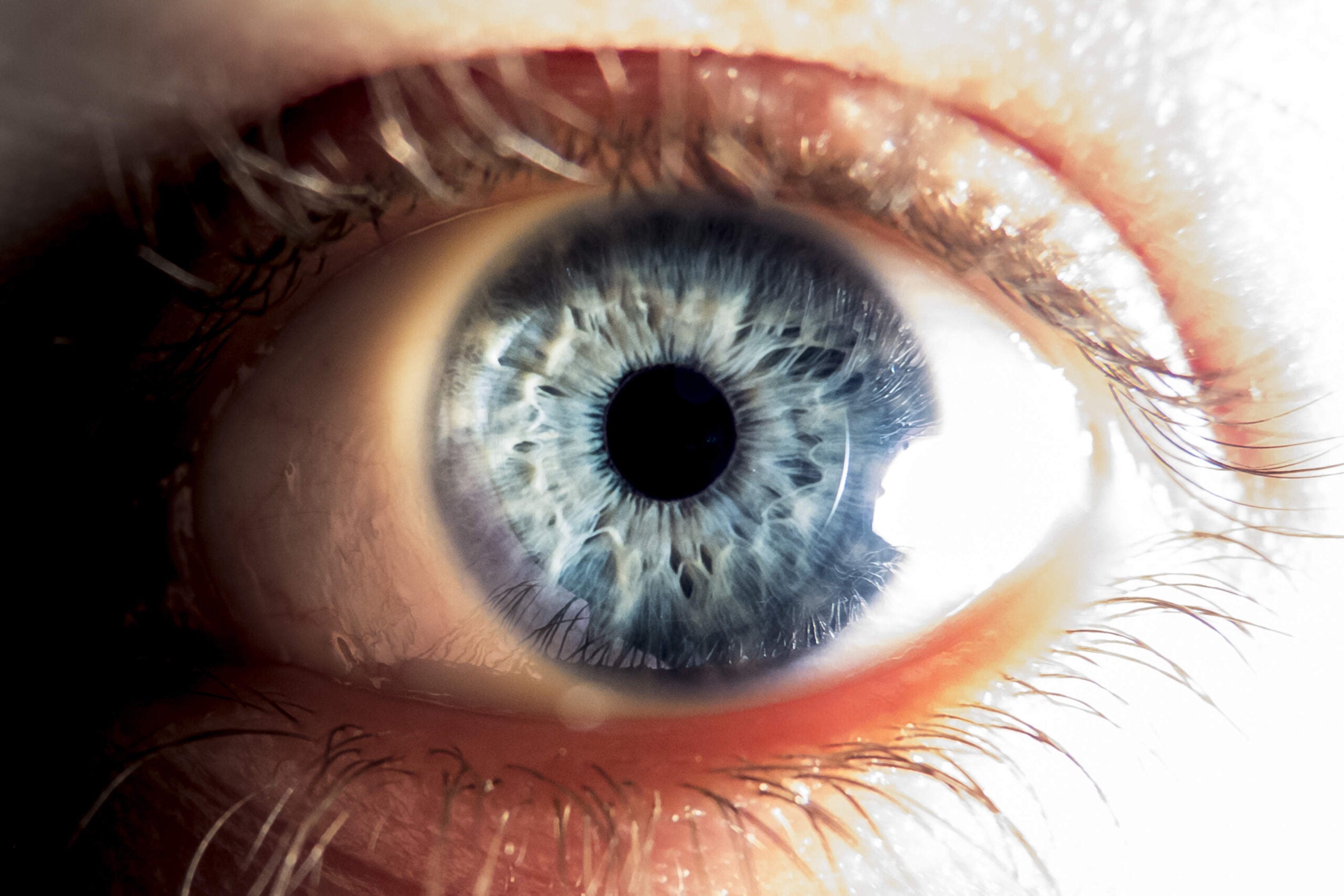
Google-owned artificial intelligence company DeepMind claims to have trained an algorithm to spot signs of eye disease more effectively than human specialists.
The company has been working with the UK National Health Service and London’s Moorfield’s Eye Hospital analysing data from thousands of 3D retinal scans.
Analysing millions of pixels of information, DeepMind’s technology can reportedly learn to analyse scans for serious eye diseases such as glaucoma and macular degeneration.
Moorfields director of research and development Peng Tee Khaw told the Financial Times:
I am optimistic that what we learn from this research will benefit people around the world and help put an end to avoidable sight loss. We hope to publish our findings in a peer reviewed journal within the next year.
Why this matters:
How well do you really know your competitors?
Access the most comprehensive Company Profiles on the market, powered by GlobalData. Save hours of research. Gain competitive edge.

Thank you!
Your download email will arrive shortly
Not ready to buy yet? Download a free sample
We are confident about the unique quality of our Company Profiles. However, we want you to make the most beneficial decision for your business, so we offer a free sample that you can download by submitting the below form
By GlobalDataThe findings from Deepmind, which have been submitted to a medical journal, could pave the way for this technology to be used across a wide-range of diagnostic procedures – including searching scans for signs of cancer.
DeepMind is looking to work with University College London Hospitals to train the algorithm to analyse radiotherapy scans for signs of cancer.
Deepmind has previously got in hot water with the UK’s Information Commissioner’s Office for failing to comply with data use rules when it crunched the data of 1.6m patients for use in its Streams app – which reviews test results looking for serious issues such as kidney injury.
London is said to be the number one technology hub in Europe for technology start-ups.
DeepMind is based in London and was bought by Google in 2014. It employs around 100 staff in its health team.
Google is not the only US tech giant moving into healthcare:
What’s the big idea?
DeepMind said:
We’re on a scientific mission to push the boundaries of AI, developing programs that can learn to solve any complex problem without needing to be taught how.
If we’re successful, we believe this will be one of the most important and widely beneficial scientific advances ever made, increasing our capacity to understand the mysteries of the universe and to tackle some of our most pressing real-world challenges.
From climate change to the need for radically improved healthcare, too many problems suffer from painfully slow progress, their complexity overwhelming our ability to find solutions. With AI as a multiplier for human ingenuity, those solutions will come into reach.







